Doubao pursues relentlessly, Kimi relies on "in-depth reasoning" to withstand the impact of AI giants
![]() 10/10 2024
10/10 2024
![]() 454
454
About a month ago, OpenAI launched the o1 model, which not only demonstrated strong language generation capabilities but also achieved higher-level reasoning and self-correction capabilities through the introduction of reinforcement learning.
On September 16, Yang Zhilin, founder of Dark Side of the Moon (Kimi), shared at Tianjin University's Xuanhuai College, specifically mentioning OpenAI's o1 model, which marks a change in the paradigm of Artificial General Intelligence (AGI). The next paradigm, "is achieved through reinforcement learning."
Perhaps at that time, or even earlier, Dark Side of the Moon had already embraced the new paradigm of reinforcement learning.
Regardless, according to the latest scoop from the "Big Factory Youth" public account, a team from Dark Side of the Moon was "frantically catching up on progress" during the National Day holiday, mainly to launch a "very powerful feature" soon.
The scoop further revealed that this feature is related to the model's deep reasoning and is expected to be released in the next version. It will add a "Deep Reasoning" function switch below the search entry, allowing it to answer questions that simple searches cannot, and even self-reflect.
Is this Kimi's o1?
Relaying OpenAI's o1: A Shift in the New Paradigm of Artificial General Intelligence
Before OpenAI's o1, AI large models were typically limited to "quick responses," generating answers by predicting the next word. This method is efficient but lacks in-depth reasoning and self-reflection capabilities for complex problems due to its monolithic thinking pattern.
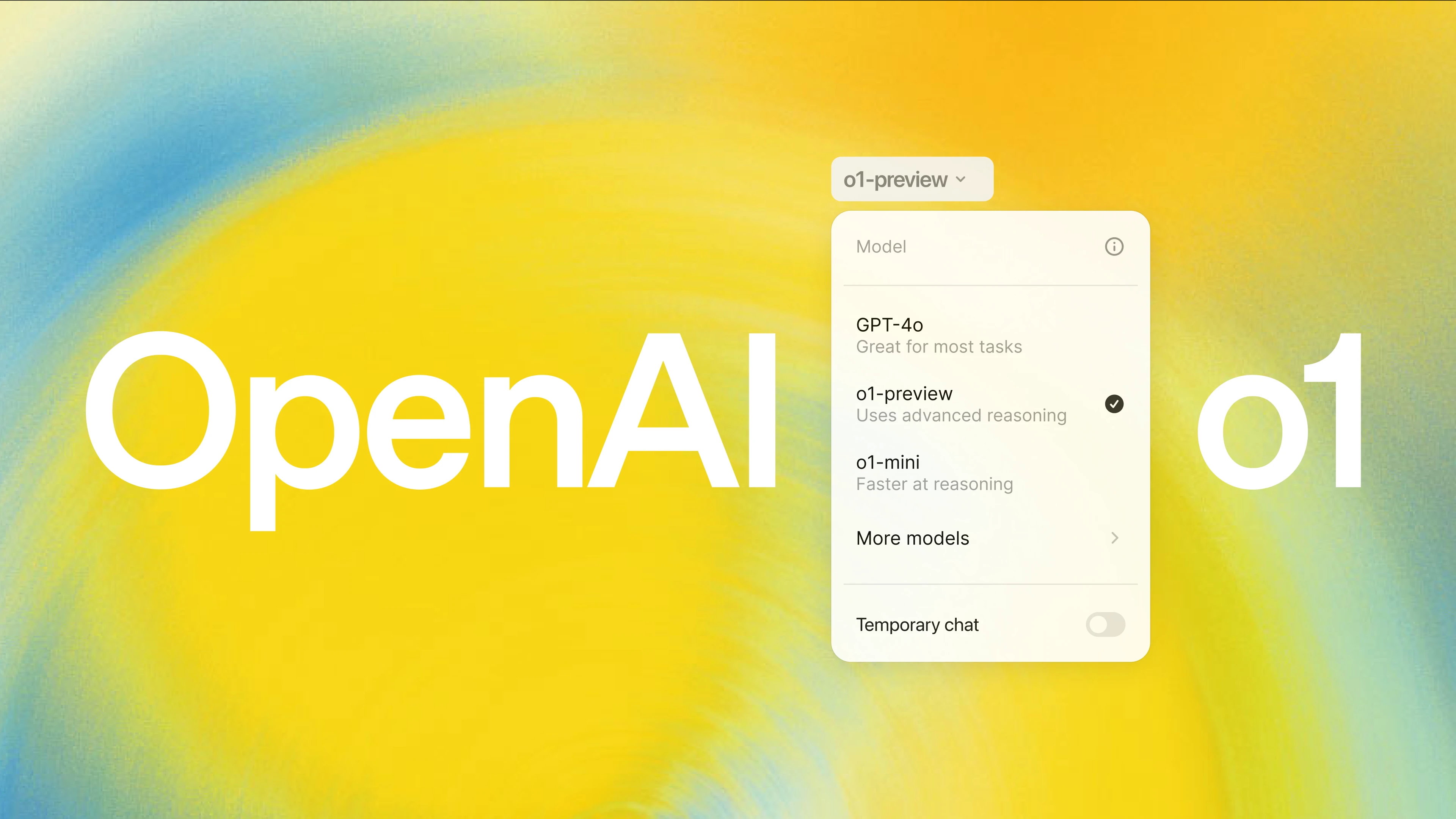
Image/OpenAI
However, with OpenAI's launch of the o1 model, this limitation began to be broken. The core change in o1 lies in the introduction of reinforcement learning mechanisms, where the model spends more time contemplating issues before responding, engaging in deep reasoning and self-correction.
This resembles the brain's slow thinking—a capability known as "System 2." o1 now has the ability to learn and refine its thought processes, attempting different strategies and recognizing its own mistakes. This enhancement significantly impacts AI intelligence. Traditional models often provide straightforward, linear responses to user inputs without the diversity and depth of a "thinking" process.
For instance, when tackling complex math problems or legal cases, models rely solely on pattern matching within vast datasets for predictions. With reinforcement learning, o1 enables AI to engage in multi-step reasoning, mirroring human thought processes when solving problems—initially proposing hypotheses, progressively verifying reasoning, and continuously self-correcting errors throughout the process.
Through this slow thinking mode, AI can not only provide more accurate answers but also self-reflect in the face of uncertainty, partly avoiding the common "hallucinations" seen in past models.
Yang Zhilin also noted in his Tianjin University lecture that AI can only achieve better generalization capabilities by learning human thought processes, generating more naturally non-existent data through this process to tackle unknown issues.
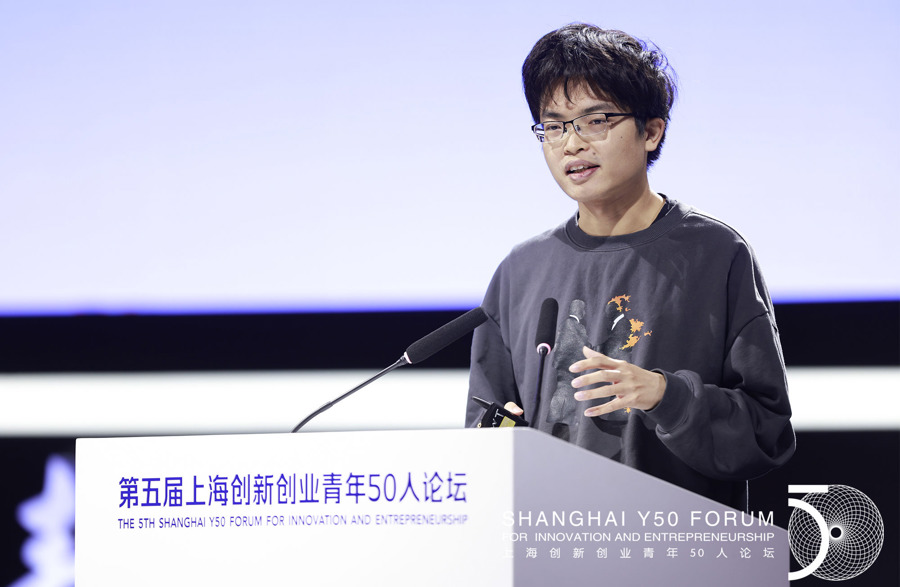
Image/Shanghai Innovation and Entrepreneurship Youth Forum 50
This profoundly impacts the end-user experience. For average users, enhanced reasoning abilities mean more profound and logically coherent responses during AI interactions.
Using the o1-preview model in ChatGPT demonstrates that, in many cases, users no longer need to break down complex questions into smaller ones; instead, they can pose complex queries directly, and AI can provide comprehensive solutions through multi-step reasoning.
Crucially, the introduction of self-reflection enables AI to identify its own mistakes, akin to humans.
This self-reflection capability not only drastically reduces error rates but also enhances user trust in AI. AI transforms from a mechanical responder to an intelligent assistant with "thinking" abilities, comprehending context, deeply analyzing issues, and promptly adjusting upon recognizing errors, thereby delivering higher-quality answers.
Hence, it's understandable why Kimi pursues "deep reasoning." In fact, domestic large models are aligning with this trend. During the Alibaba Cloud Town Conference at the end of September, some large model companies and research institutions reached a consensus that OpenAI's o1-preview signifies the beginning of a new evolution in Artificial General Intelligence.
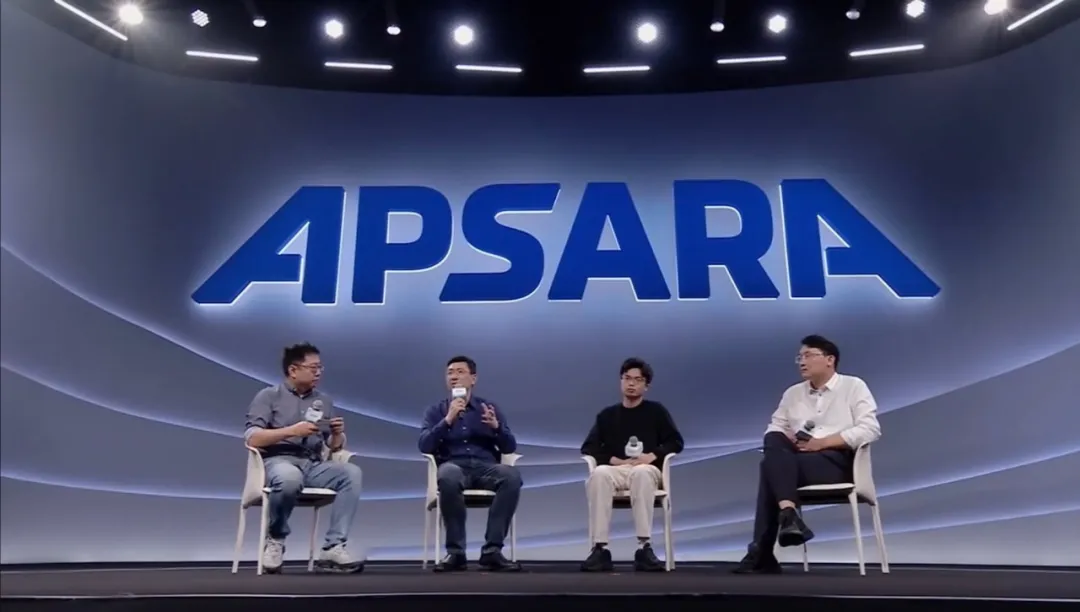
Artificial General Intelligence Roundtable Discussion, Image/Alibaba Cloud Town Conference
However, trends aside, Kimi's urgency for the "deep reasoning" feature also stems from changing competitive dynamics in the domestic market.
Racing against time during the holiday, Doubao exerts growing pressure on Kimi
Regardless of the new feature, Kimi's urgency during the National Day holiday underscores the team's pressing concerns, primarily stemming from fierce competition from other domestic large model companies.
Regular visitors to Bilibili might notice that Kimi, once prominent in in-app advertisements, has become less visible, replaced by Doubao ads dominating the screen. ByteDance's Doubao is undoubtedly the current frontrunner among domestic AI assistants.
Public data reveals that since its launch in May, Doubao has consistently ranked among the top free apps on the App Store for several months, topping the charts for an entire month in June. Even in October, Doubao remained in fourth place. Its exceptional user experience and extensive promotion have swiftly attracted massive user bases and market share.
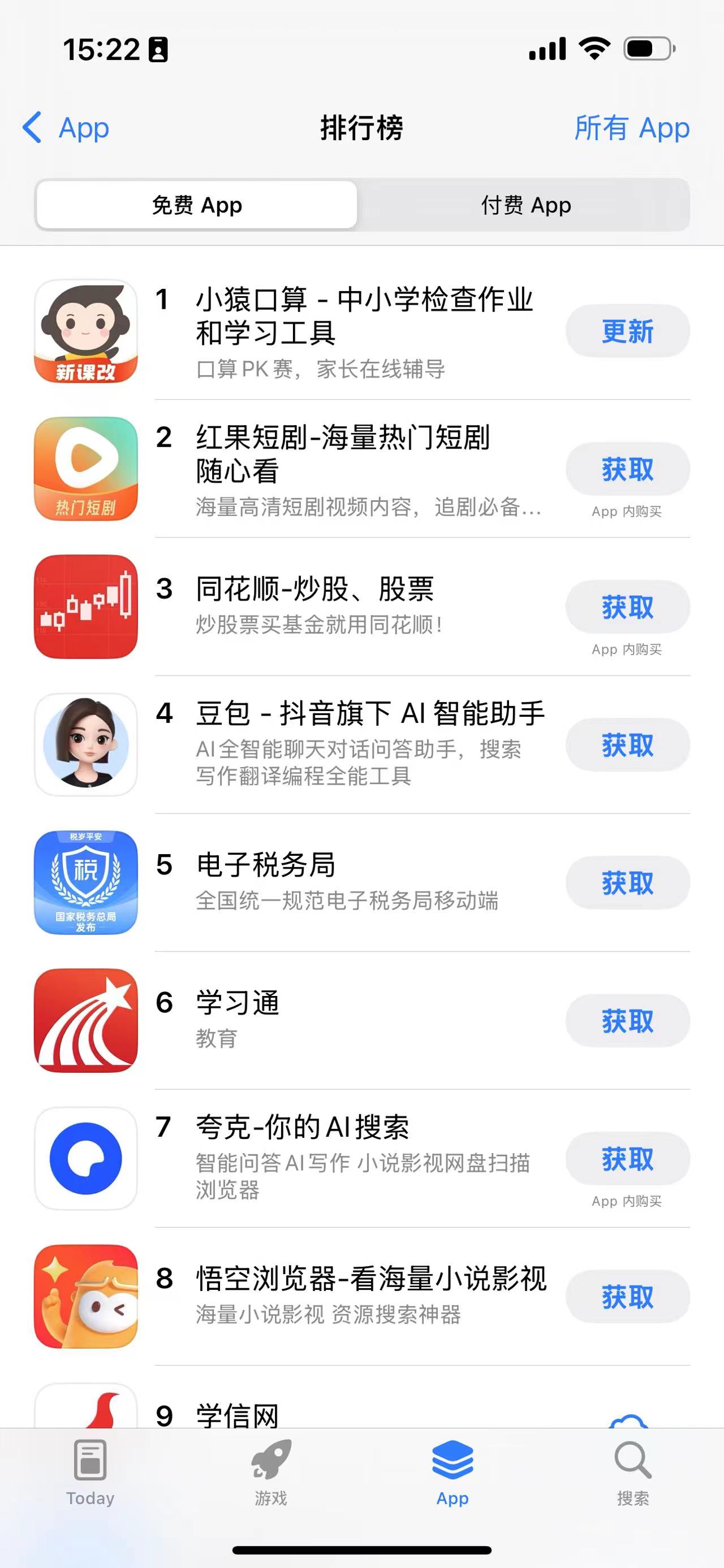
Image/Apple
Doubao appears in the top 50 rankings for both web and mobile platforms on a16z's list of the top 100 global AI products, showcasing its global influence. In contrast, Kimi is absent from this list.
Doubao isn't alone. MiniMax, another large model startup, is also experiencing a surge. Since September, its AI assistant, Conch AI, has witnessed explosive data growth, with monthly visits surging over eightfold and monthly active users approaching 5 million.
On the other hand, Kimi's previously renowned strength lay in its ability to process long texts, supporting rapid handling of vast amounts of information. However, with technological advancements, significant progress has been made in context-handling capabilities across large models. Google Gemini, Aliyun Tongyi, Tencent Yuanbao, and Dark Side of the Moon's Kimi all support contexts up to 10 million tokens/characters.
Subsequently, Kimi's most apparent "advantage" has diminished, and competition has diversified, with a greater emphasis on product features. At this stage, Kimi hasn't offered users other noticeable advantages, making it challenging to maintain its market position as a popular AI assistant.
Against this backdrop, Kimi faces evident challenges.
Resisting the Shockwave from Giants, Kimi Needs "Deep Reasoning"
Kimi's development of the "Deep Reasoning" feature is undoubtedly a shot in the arm. Introducing this feature amidst fierce competition not only equips Kimi with differentiated functionalities to compete with market leaders but also helps it regain its footing in a competitive market.
Crucially, "Deep Reasoning" signifies the ability to answer more complex questions and engage in deep thinking and self-reflection during extended conversations, significantly enhancing user experience, particularly in tackling complex tasks.
This aligns with Kimi's user persona—students, college students, interns, and working professionals, with a focus on learning and office assistance. In contrast, both Doubao and Conch AI emphasize role-playing and emotional interactions.
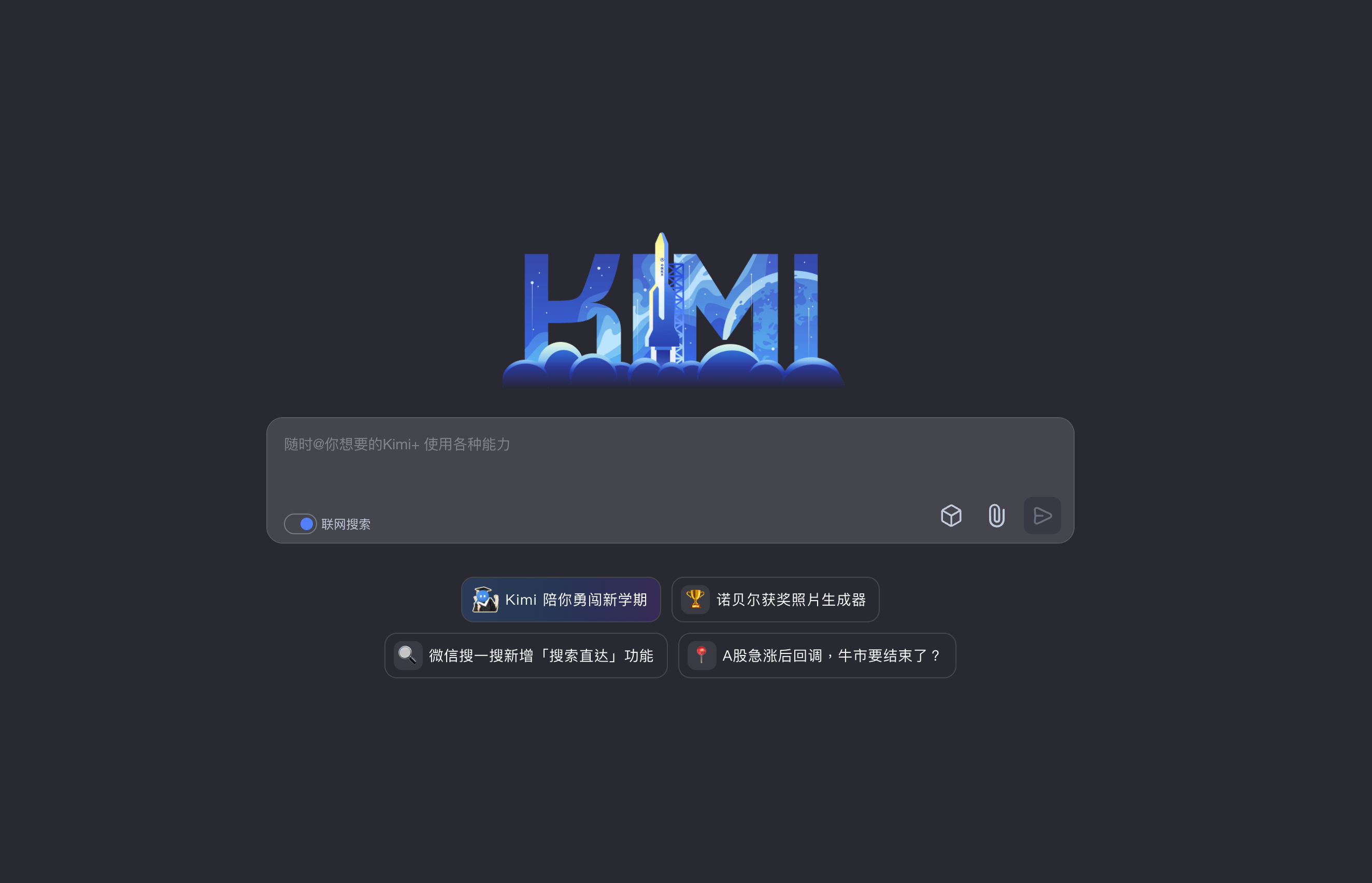
Image/Kimi
Moreover, for current AI assistant users, simple answer generation is no longer sufficient. Increasingly, users expect AI to assist with complex tasks, daily content creation, and even self-correct during reasoning.
As user demands for AI rise, Kimi's "Deep Reasoning" could help users better tackle real-world problems and challenging tasks, fostering stronger user loyalty. Concurrently, "Deep Reasoning" might invigorate the team itself.
In summary, Kimi's "Deep Reasoning" feature could be a pivotal upgrade, serving as a shot in the arm for the company. It not only helps Kimi regain its competitive edge in a fiercely competitive market but also lays the foundation for a paradigm shift in Artificial General Intelligence.
Perhaps afterward, "Deep Reasoning" will evolve beyond a mere feature, becoming an underlying capability of Kimi's large model. Among domestic large models and AI assistants, Kimi appears poised to be the first to take this leap.
Source: Leikeji




